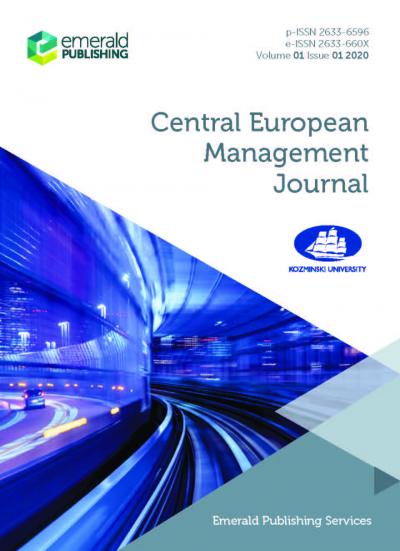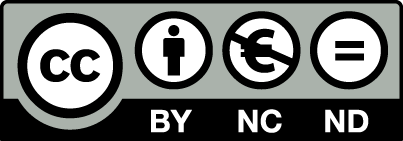The Heteroglossic Linguistic Identity of Modern Companies
Magdalena Bielenia-Grajewska
Uniwersytet Gdański
2013 21 (4) Central European Management Journal
DOI 10.7206/mba.ce.2084-3356.84








